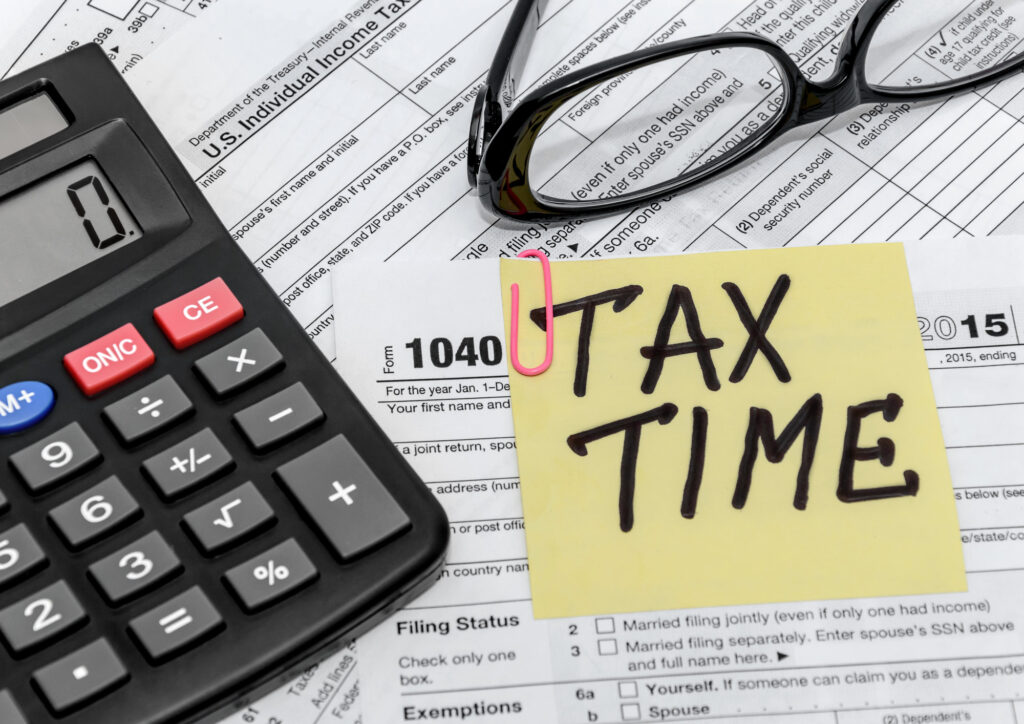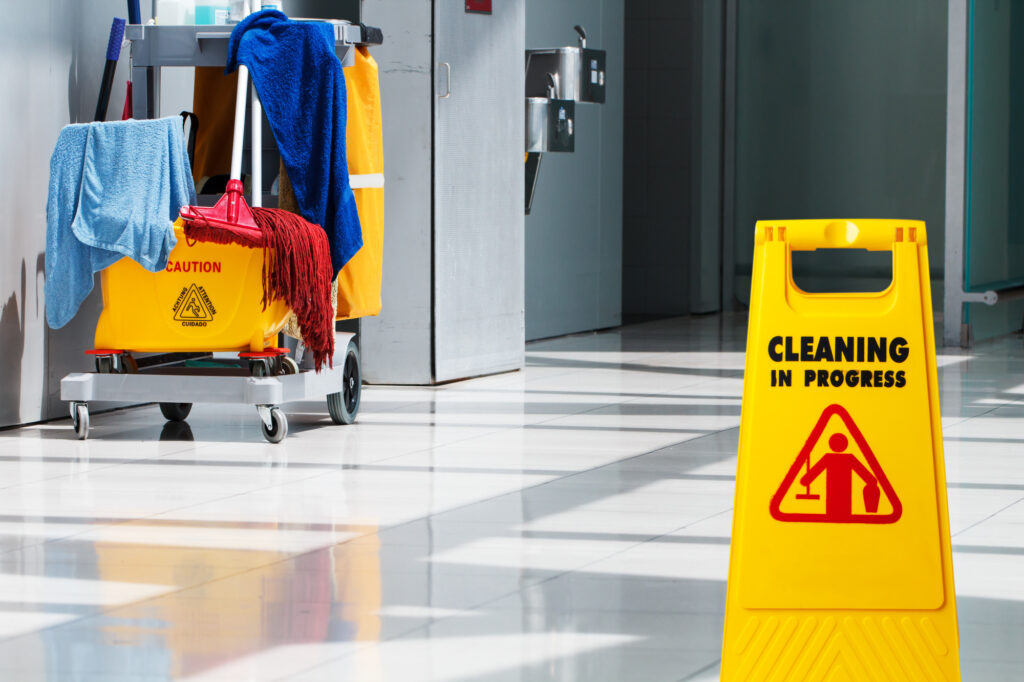According to some research, 20 percent of small businesses fail within the first year. If you want to ensure that your small business doesn’t fail, you need to make a list of all your business expenses.
There are many different types of business expenses that you should keep track of to make sure that you know what you owe the IRS.
But what are some important expenses to track? Keep reading to find out.
What Are Business Expenses?
Business expenses are payments that you made during your business operation.
These costs can be for small or large businesses, and they’re normally part of the income statement as well.
On this statement, the expenses will be subtracted from the revenue to get to the net income.
Sometimes they’re also referred to as expense deductions. In general, some companies have limitations and considerations for these businesses.
Advertising
Advertising and marketing are two costs that each business will have to deal with in order to promote or market their business. This might include paid advertising, brochures, websites, social media images, and billboards.
Marketing expenses are normally completely deductible. They’re used to help promote your business and bring in more revenue.
While you can do free marketing, at some point paid advertising will really help to boost your business, and you need to add it to your budget.
Vehicles
If you are using any vehicles for business, there are two different ways that you can deduct your vehicles from your business.
The most common method is to deduct the mileage that the IRS will allow in any given year. For example, the IRS allows a certain amount of cents for each mile that you drive for work.
You can also try to itemize your driving. For example, you can deduct the cost of your vehicle and add it to the costs of running.
You can also deduct the costs to maintain your car, including parking, fees, repairs, insurance premiums, tires, license and registration fees, and any fixes.
You can switch how you deduct this each year to try and get the greatest deduction. Maybe you drove more mileage in one year rather than the other.
Consider that if you’re going to buy a vehicle and then try to deduct depreciation costs, you’ll have to have driven that car for business purposes at least half of the time.
Insurance
When you’re a small business owner, you’ll need to pay for different types of insurance. You’ll need to pay for things like workers’ compensation insurance, liability insurance, real estate insurance, and malpractice insurance.
You can deduct the premiums for some insurances. Auto insurance premiums on your personal vehicle (even if you use it for work) will be a little bit more difficult.
You’ll have to deduct the flat mileage rather than trying to itemize everything.
Equipment
If you need to source equipment and supplies for your office from reputable new jersey office services, or vendors closer to where your business is based, that’s also deductible. Equipment for your office will include anything like chairs, office supplies, printers, desks, copiers, and computers.
You may need materials and specialized equipment depending on what type of industry you’re in.
For example, if you’re running a mechanic business, you’ll need any materials and tools that will repair cars.
The costs will vary depending on what type of business you’re running, but they are likely deductible.
Taxes
Each company will need to pay taxes to the local and federal governments. These costs will help you create your budget and know which taxes you’ll need to pay.
Most businesses will need to pay payroll, property, sales, fuel, excise, self-employment, and state income tax. However, make sure that you look up the requirements for your state or country.
If you need help with your taxes, check out this link: https://www.taxfyle.com/tax-preparation-outsourcing.
Maintenance
When you have equipment and vehicles, you’ll need to pay maintenance fees as well.
Keep a copy of all maintenance required. Utilizing maintenance management software can help streamline this process by tracking service history, scheduling routine maintenance, and ensuring that no critical repairs are overlooked. This will save you money in the long term by preventing costly breakdowns, extending the lifespan of equipment, and optimizing resource allocation for repairs and replacements.
Salaries
If you have employees, you’ll need to be paying them salaries, and you can deduct that as well. You can deduct gross wages, commissions, bonuses, employee salaries, and any other type of compensation that has a dollar amount.
You can even deduct any compensation that was paid to spouses and children that you make through the payroll if they did a service for your business.
There is no amount paid that needs to be considered reasonable in order to deduct it from the IRS.
Entertainment
At some points during your business, you might need to deduct expenses for entertaining potential clients or employees. You’ll be able to deduct 50% of the costs for entertainment.
However, make sure that you keep good records of this so that you can back up your reasoning. For example, if you take someone out to dinner, keep all the receipts and write down what the business purpose of the meal was.
If you’re holding a party, keep a list of all the guests who come and how they relate to the business. The IRS will look at these to make sure these aren’t personal expenses.
Electricity and Utilities
Electricity and utilities are essential business expenses that can add up quickly. Understanding how to reduce electric bill costs is a key strategy for cutting down on overhead expenses and improving profit margins.
Implementing energy-efficient practices and technologies can have a significant impact on reducing utility bills. By evaluating consumption patterns and investing in smart energy solutions, businesses can lower their electricity expenses over time.
Another effective way to manage utility costs is through regular auditing of your electricity bills. Learning how to reduce electric bill charges through audits helps businesses identify discrepancies and ensure they aren’t overpaying for services.
Discover More Types Of Business Expenses
These are only a few types of business expenses that you’ll have to account for when you do your taxes, but there are other ones that you should keep in mind.
We know that filing taxes each year as a small business owner can be stressful, but make sure that you talk with your accountant first.
Make sure that you explore our website for more financial articles just like this one.





Leave a Reply
You must be logged in to post a comment.